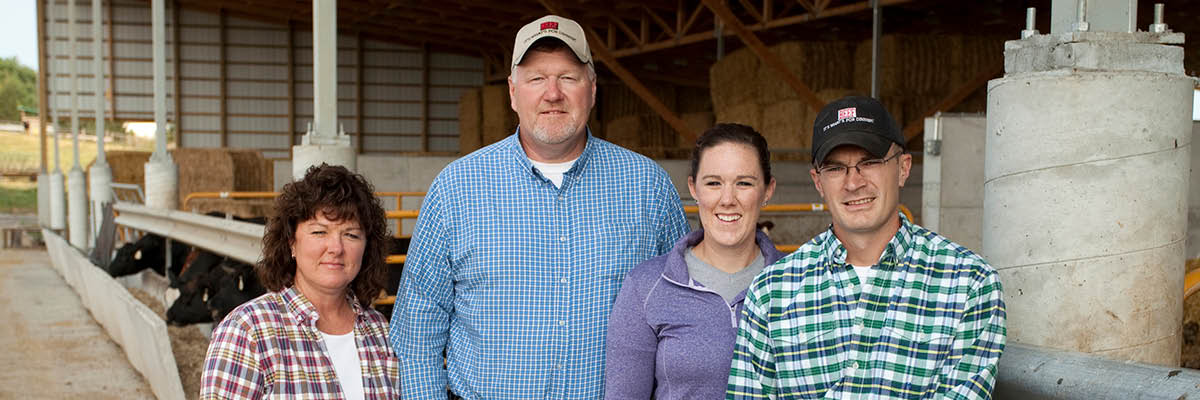Stop Delaying Farm Succession Planning: Some Steps to Make Progress
Farm succession is not a single event. It is most often a long, transitional process. Some farm management experts note that farm succession comprises three distinct phases:
- Intergenerational transmission
- Independent acquisition
- Interdependent development of the family firm's heritage
That's heady and heavy stuff. It involves emotions, occupations, lives, and livelihoods of individuals, generations, and the impact on the fiber of rural communities.
Farm succession planning involves a wide range of emotions from several generations. It requires anticipation – who will choose to become involved alongside who needs to, who wants to, and who gets and who does not get to farm.
It is no wonder that succession planning gets set aside.
Nationwide, farmers recognize the importance of the succession planning process; however, multiple studies show that more than half of farm families sideline facing the issues and opportunities and do not have a farm succession plan in place.
This avoidance results in dire and very often adverse outcomes for family members and the farms themselves.
According to a Journal of Extension study, the consequences of a failure to plan can be severe. If a farm is inherited by multiple heirs, inheritance taxes and other fees may cripple the farm and its new owners.
Inadequate farm succession planning may result in heirs becoming incapable or unavailable to run the farm business causing conflict among many running the business.
Key factors emerging in multiple interdisciplinary studies show calm communication and intergenerational conversations critical in progressing farm succession planning.
Further tips to get the plan in gear include:
- Make succession planning a scheduled event. It can help encourage open dialogue and progress plans.
- Engage an outside supporter to help facilitate conversation. This often helps ensure all parties' issues are fairly heard and addressed.
- Practice ongoing development of communication skills. This can considerably improve progress toward succession planning and improve organizational operations of all involved in daily activities.
The most important part of farm succession planning is to stop putting it off. Support and resources are available from many sources. Your actions today may keep the farm vibrant for years to come. Take the first step.
Resources:
https://cdext.purdue.edu/collaborative-projects/succession-planning/
https://ohioline.osu.edu/factsheet/anr-47
https://www.canr.msu.edu/farm_management/succession-estate-planning
https://extension.illinois.edu/events/2020-02-25-estate-planning-agriculture


